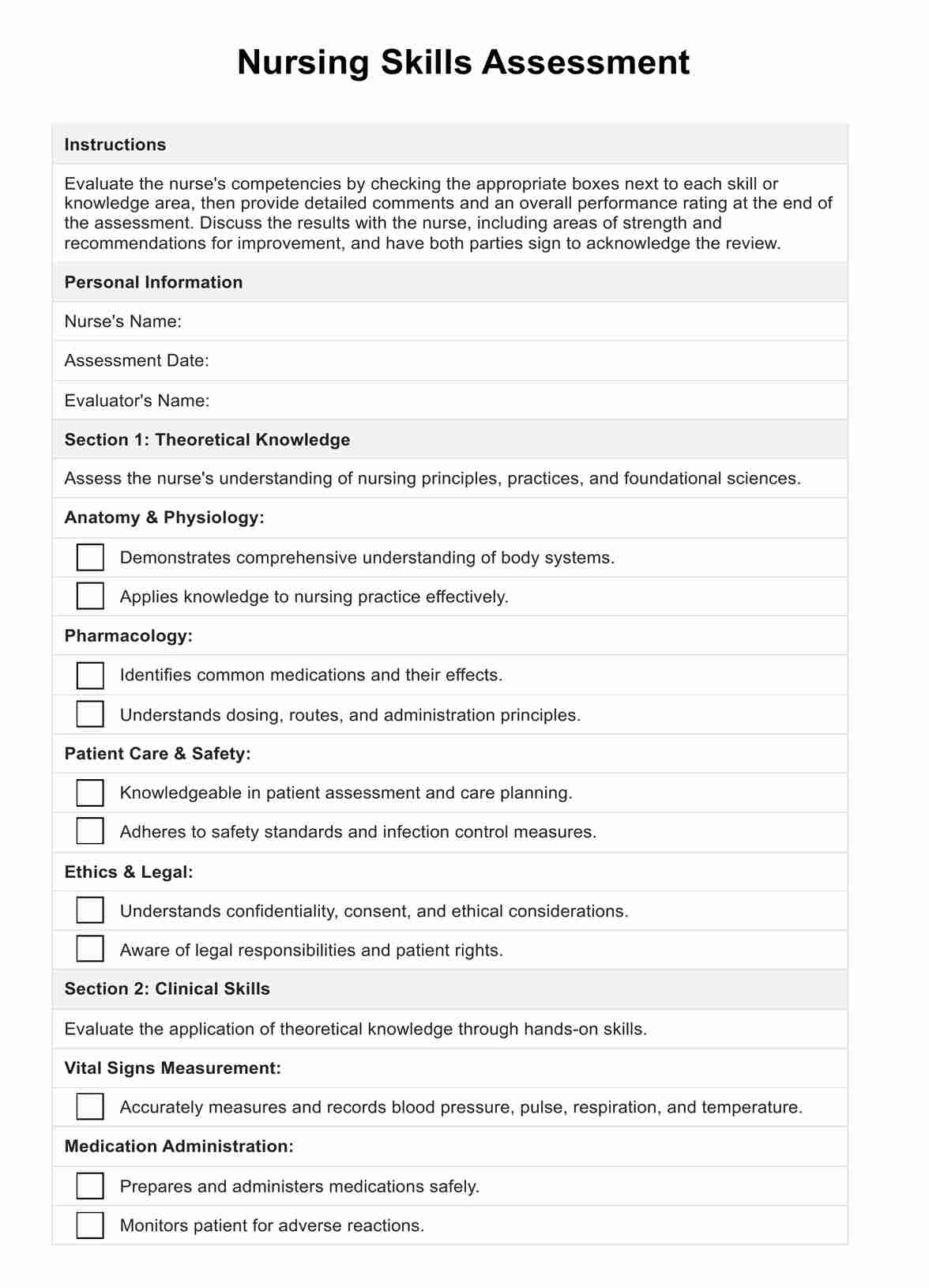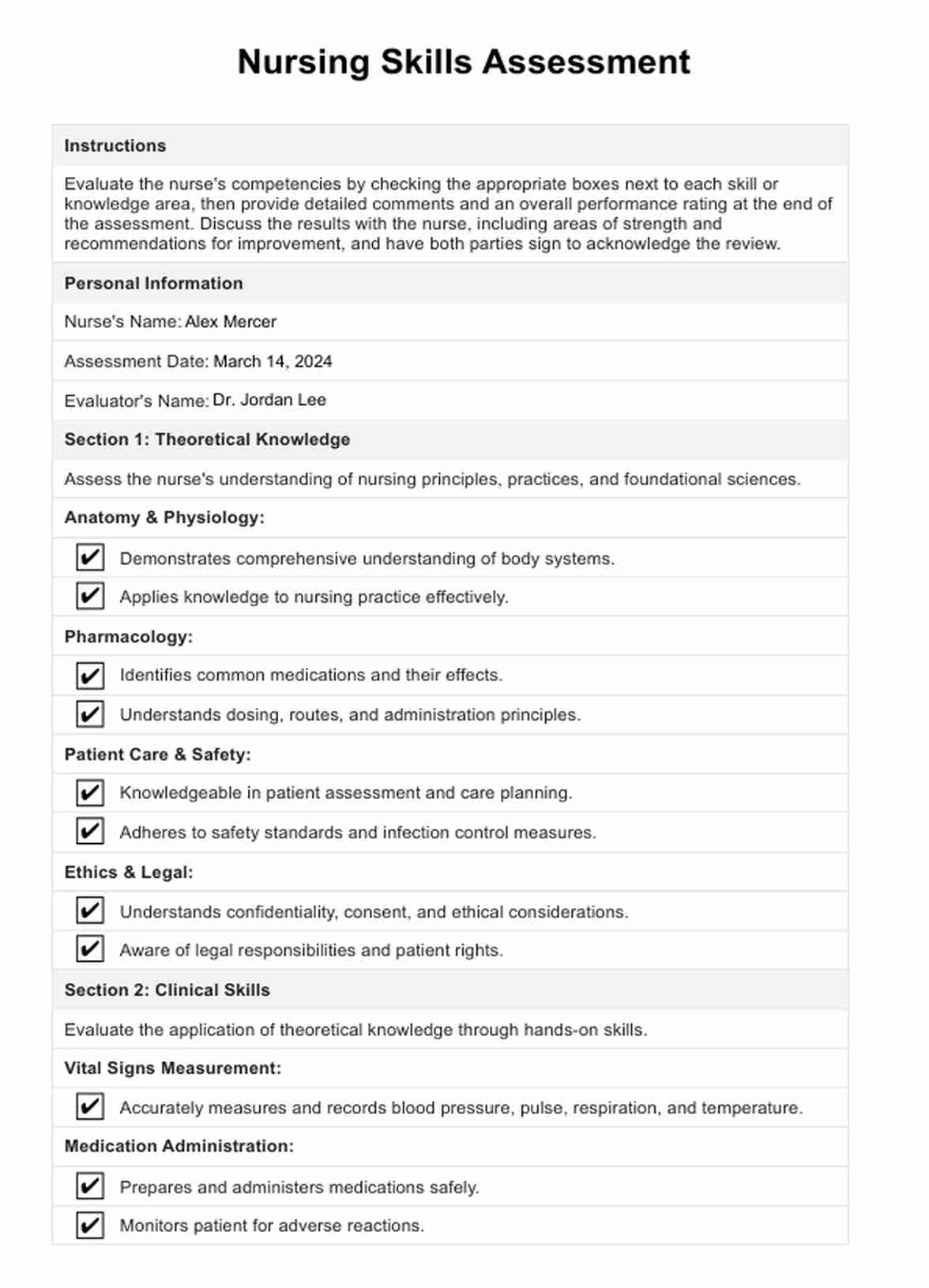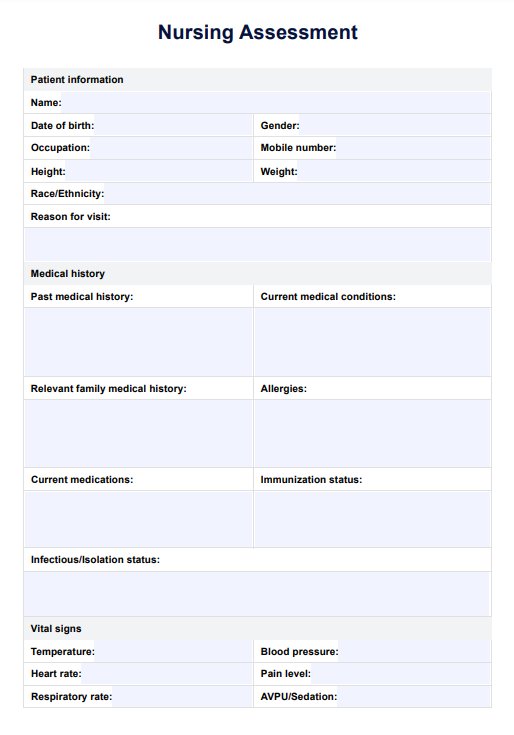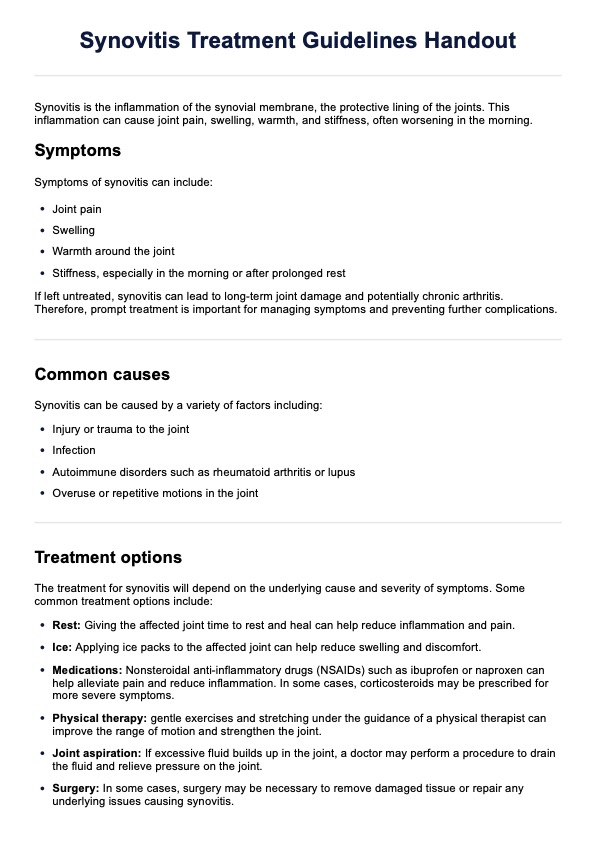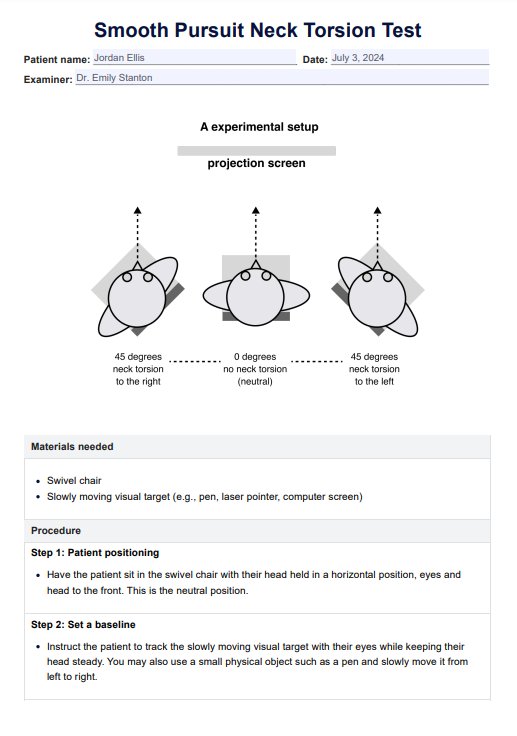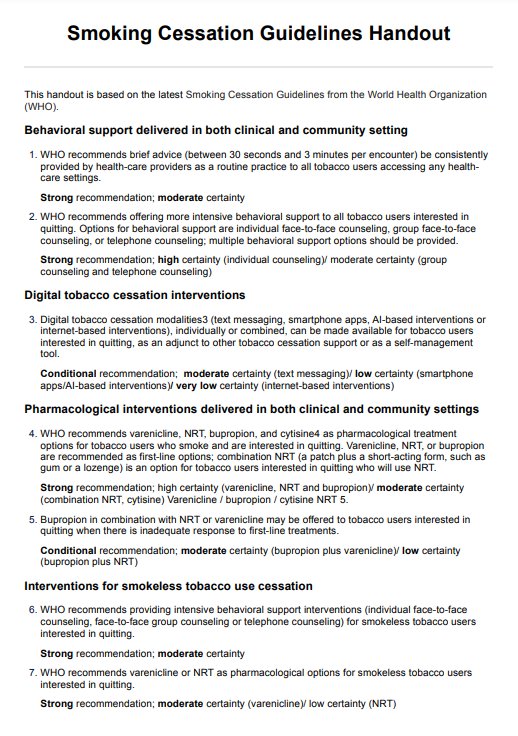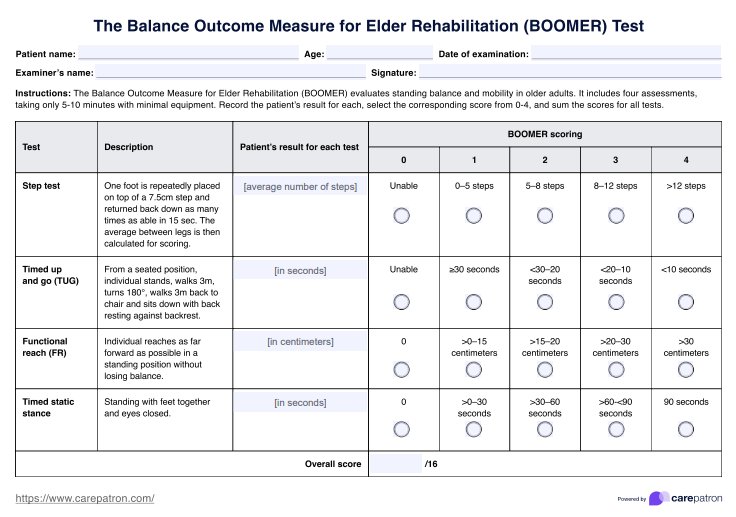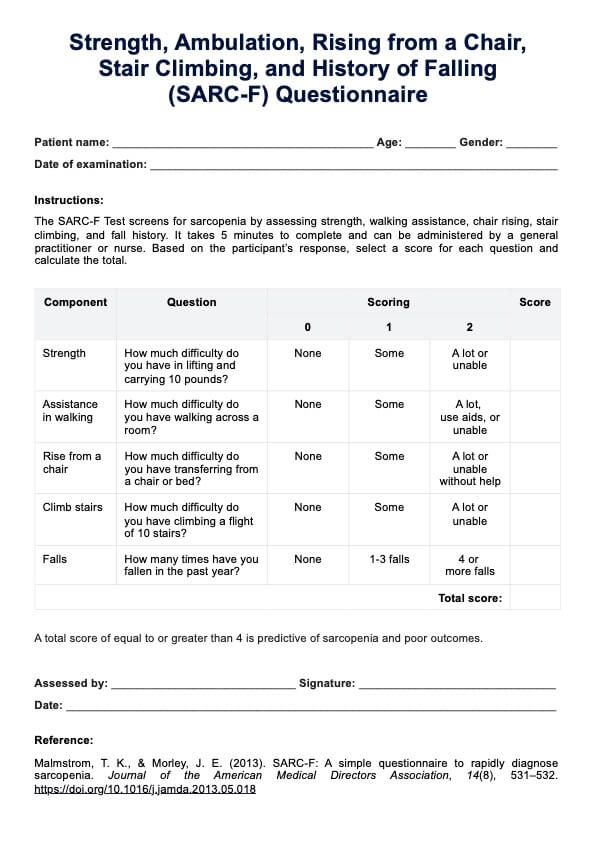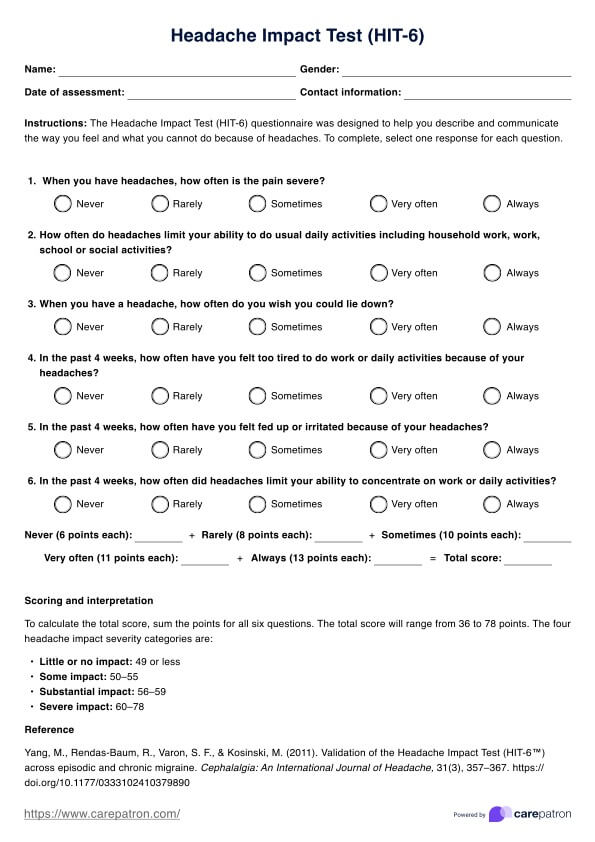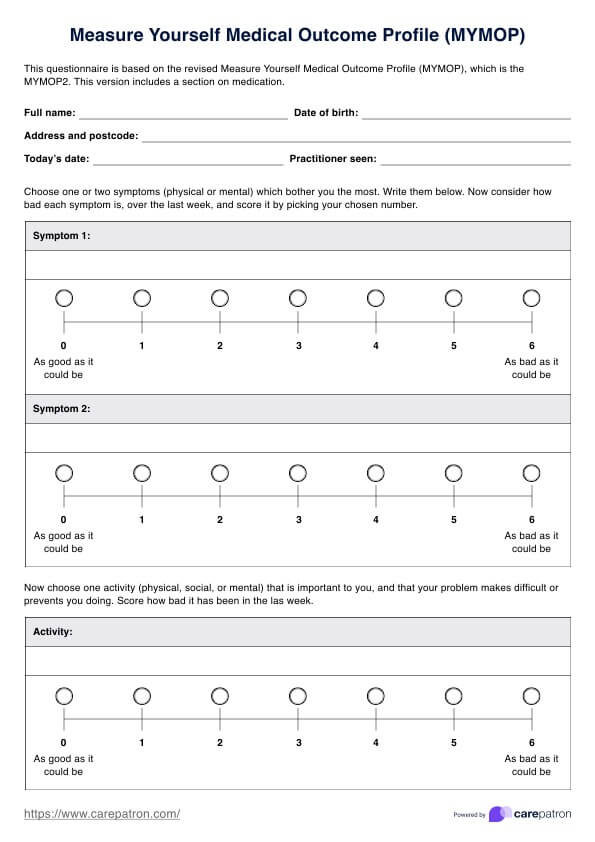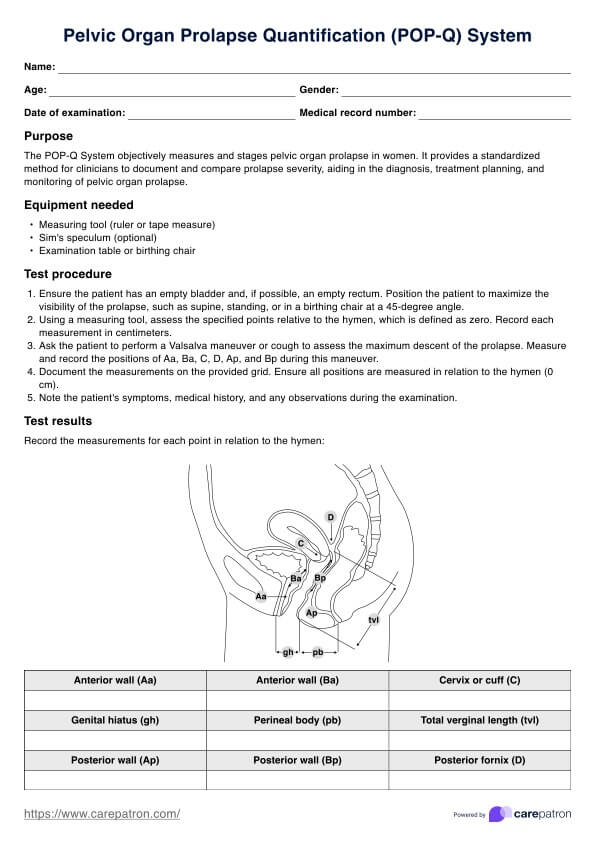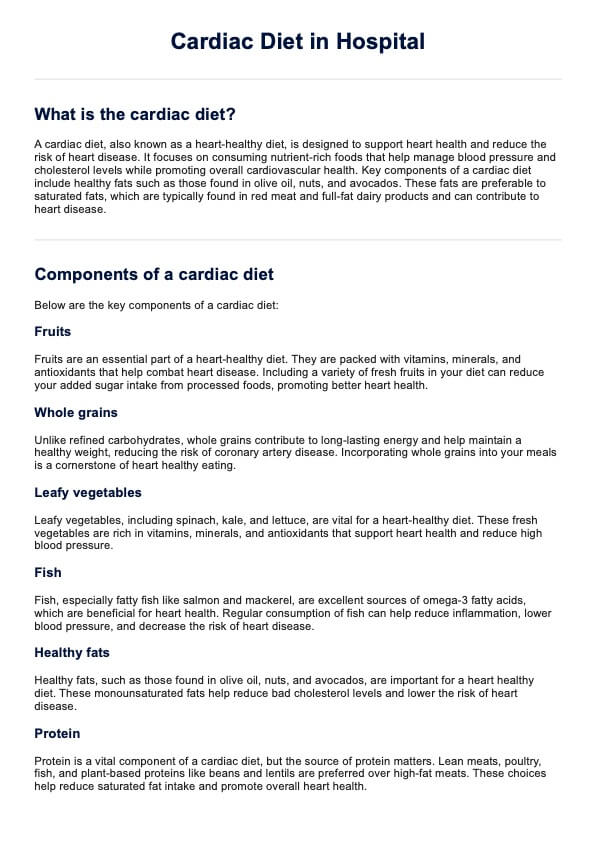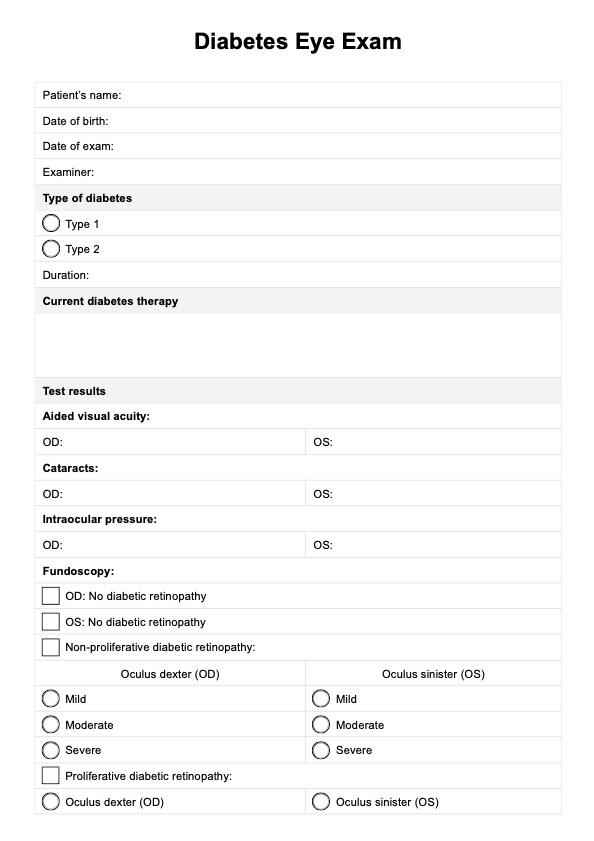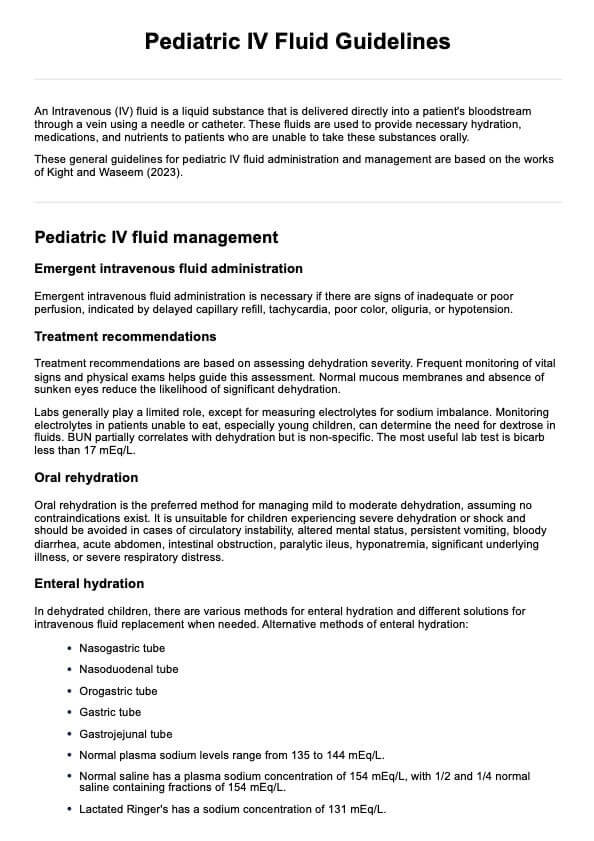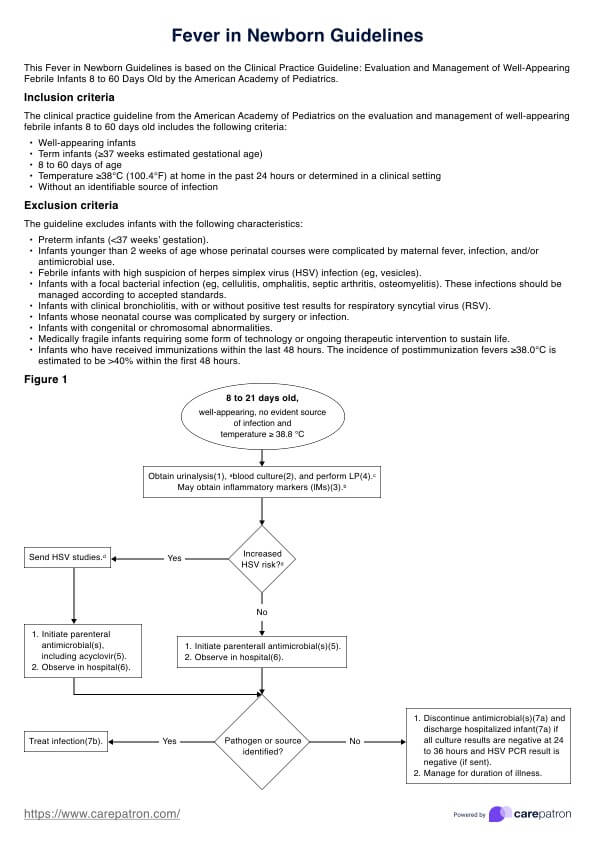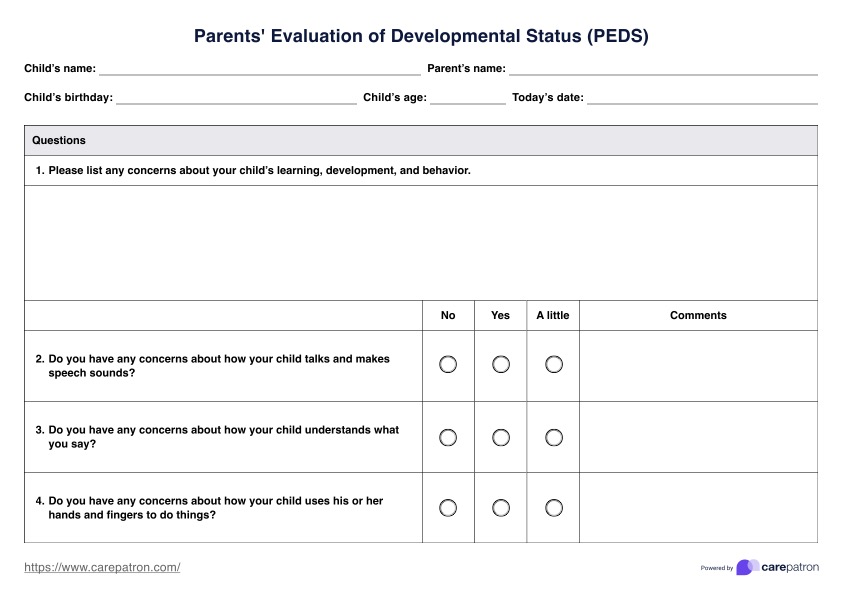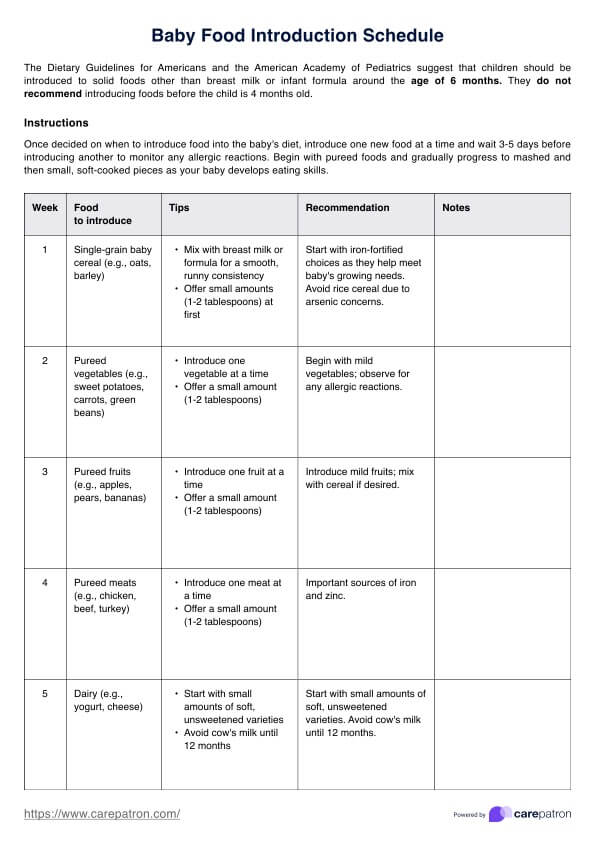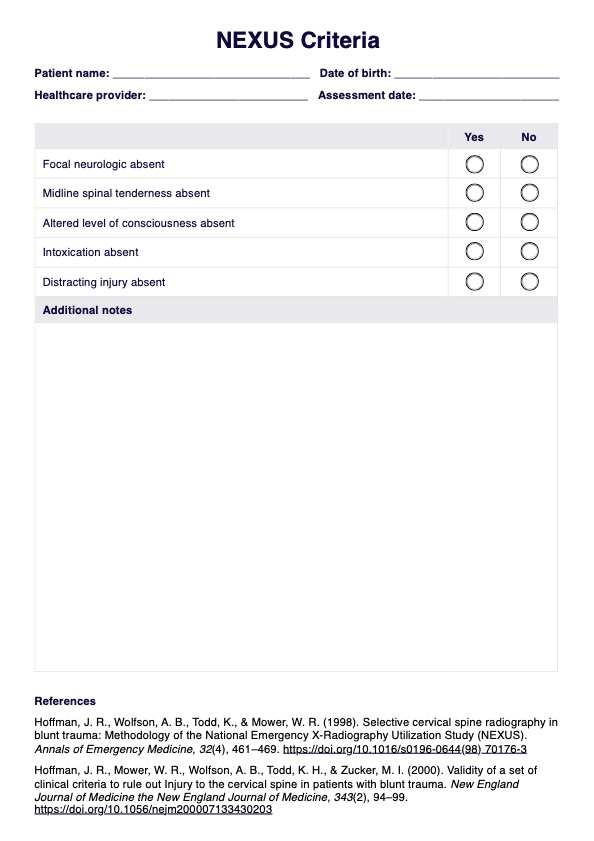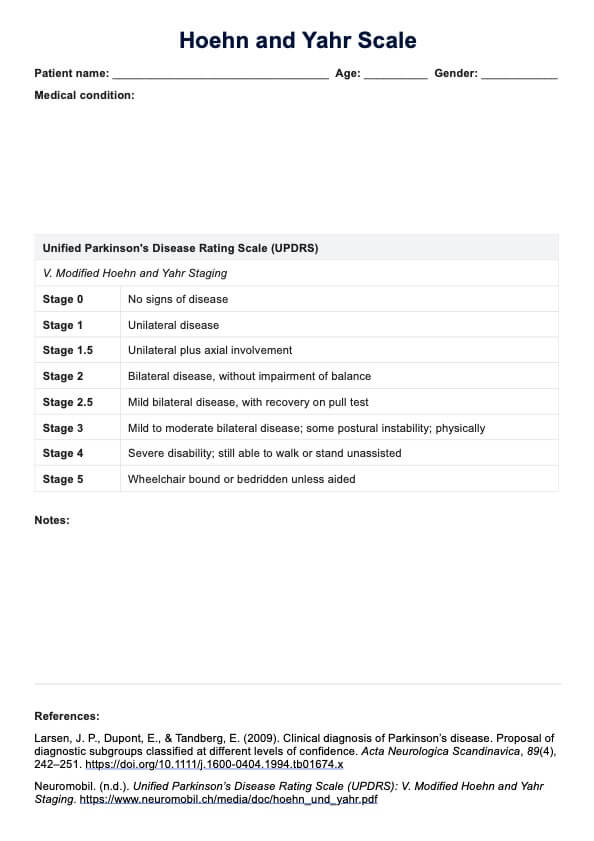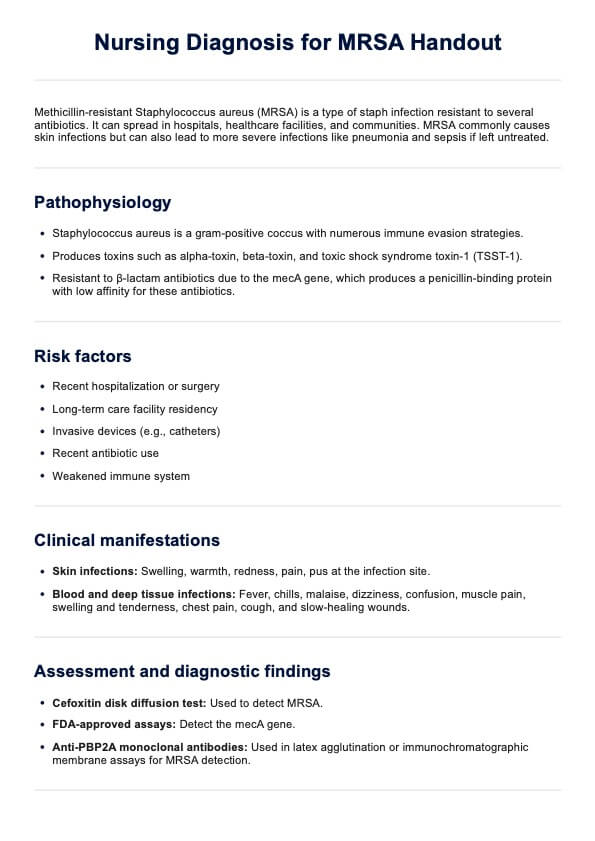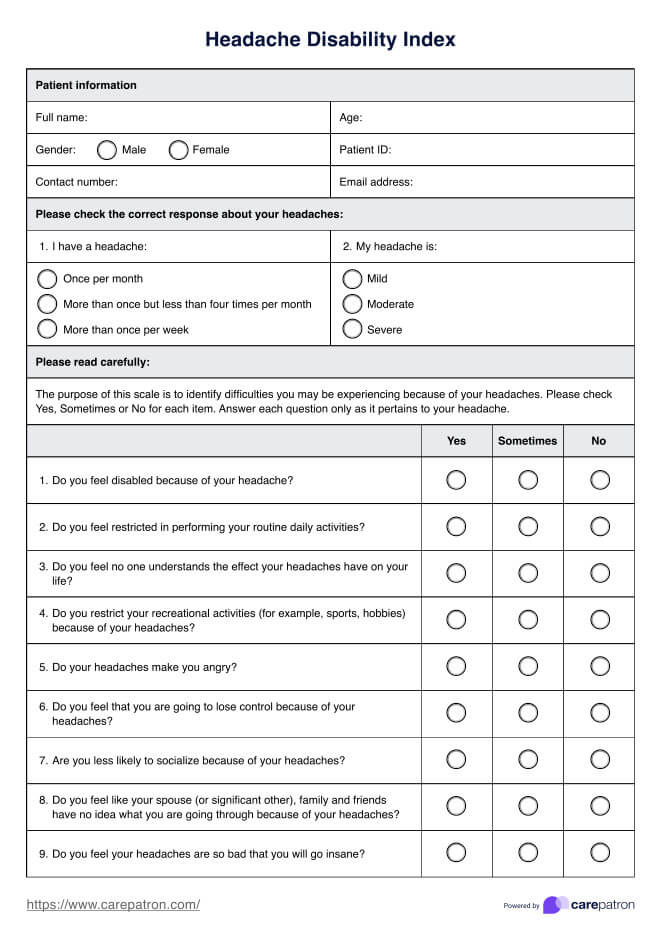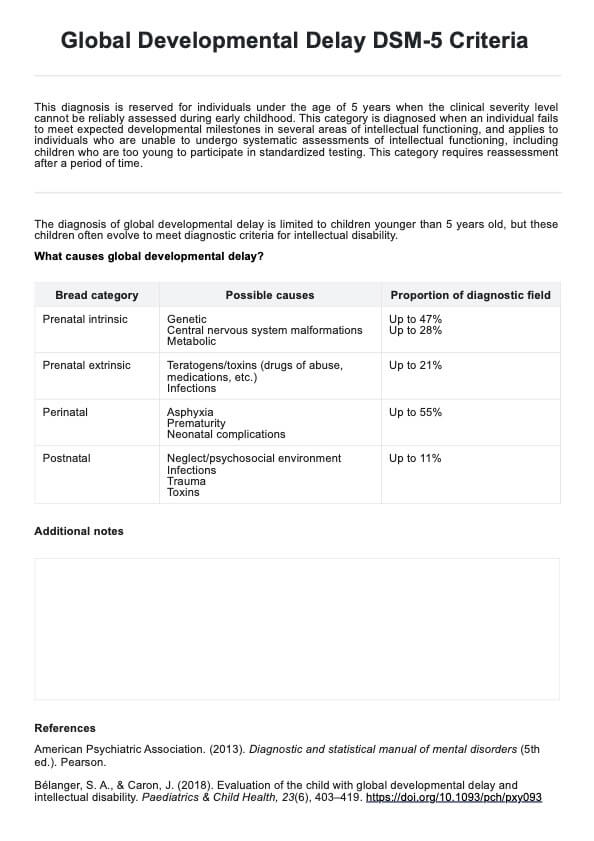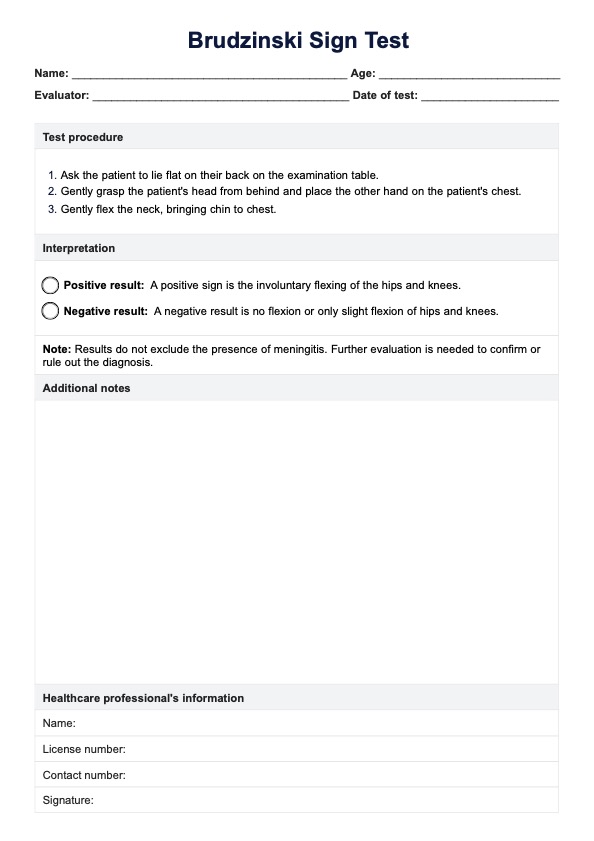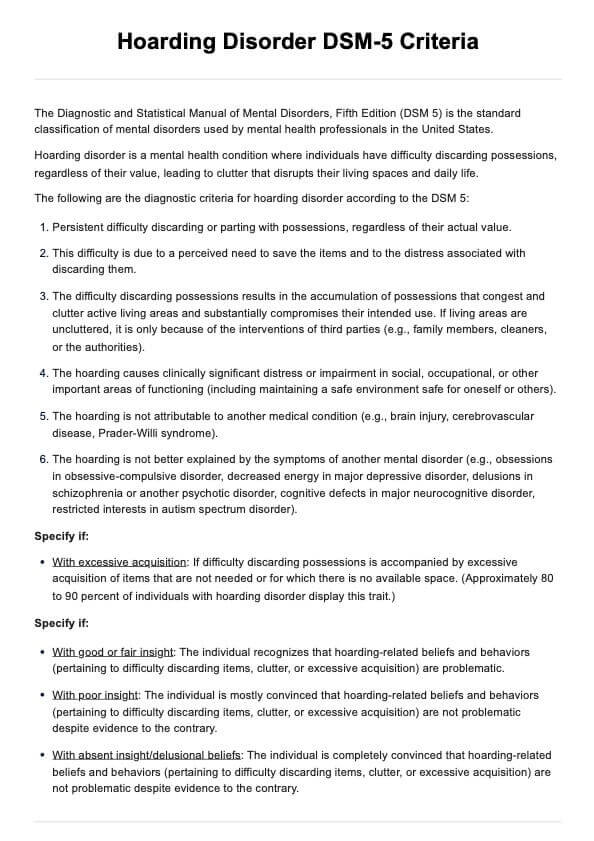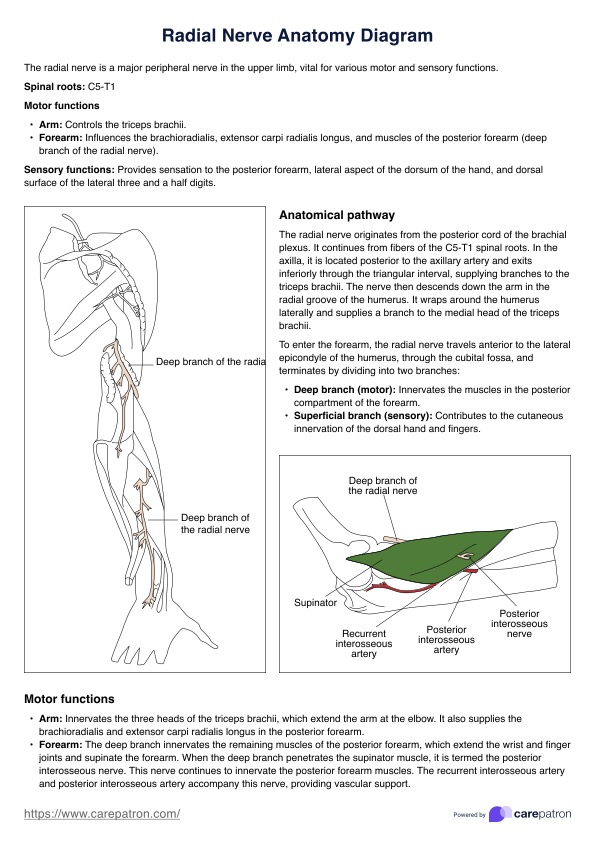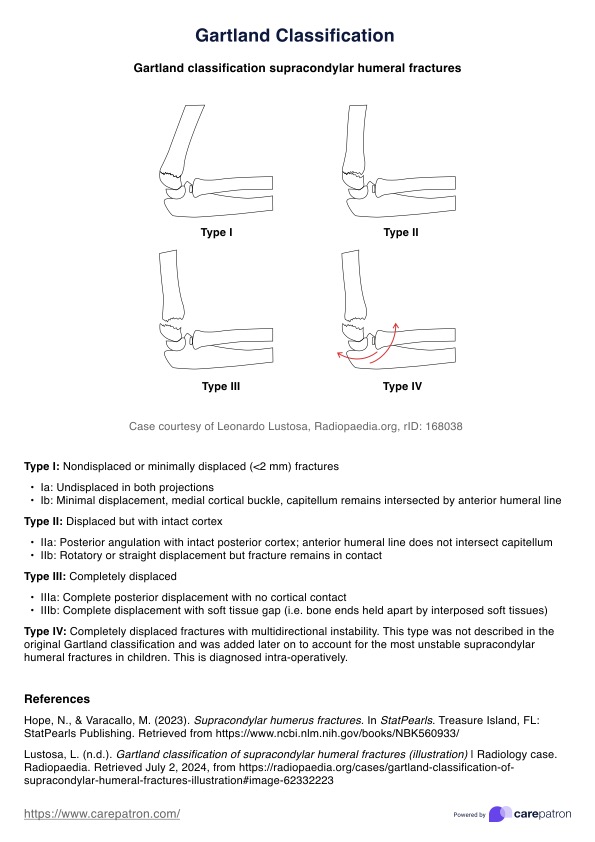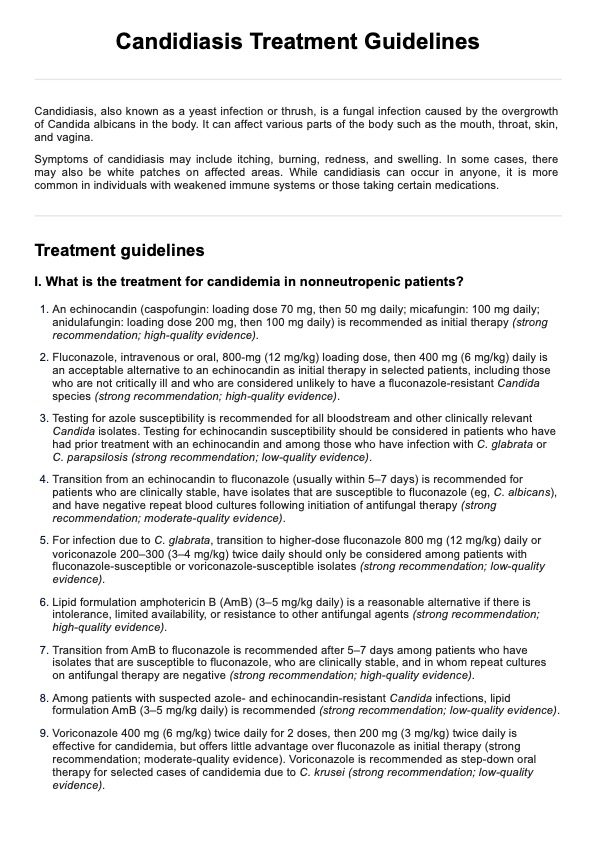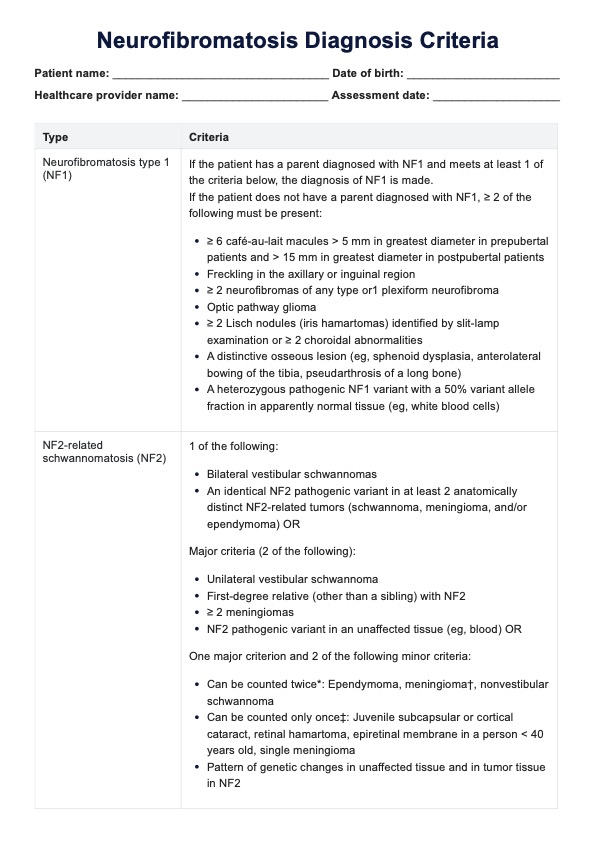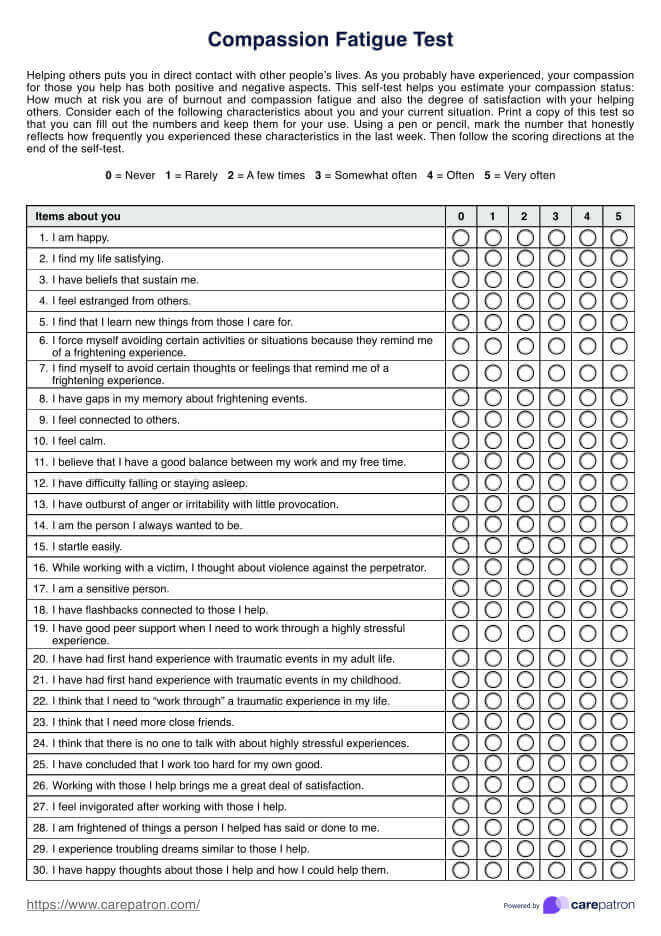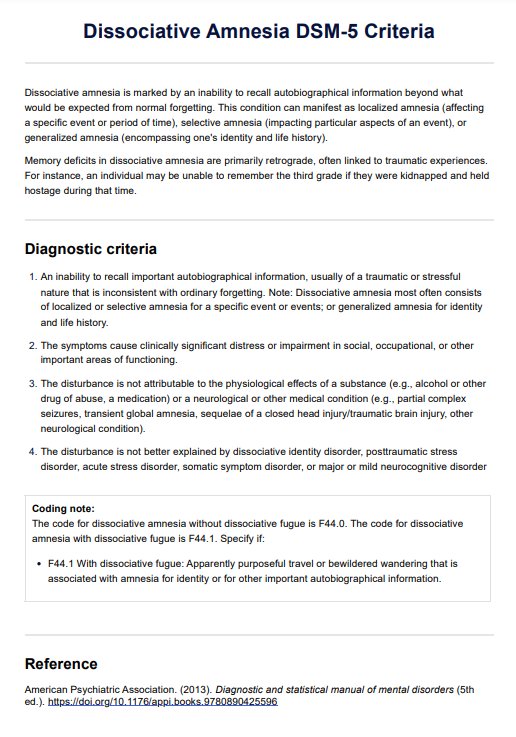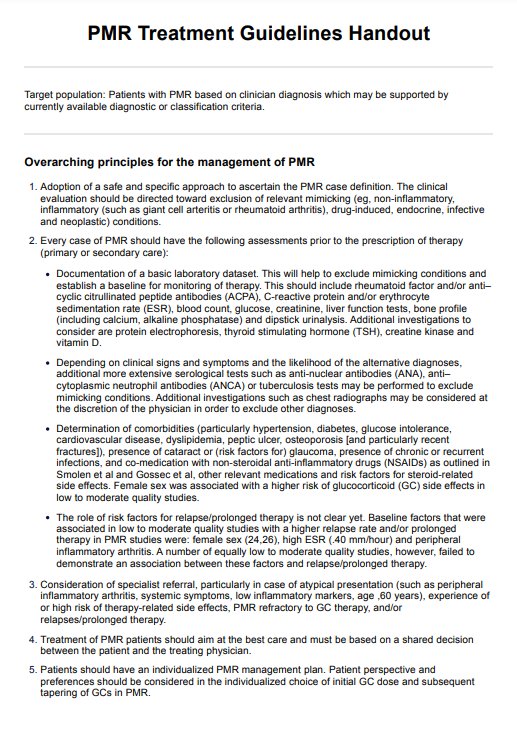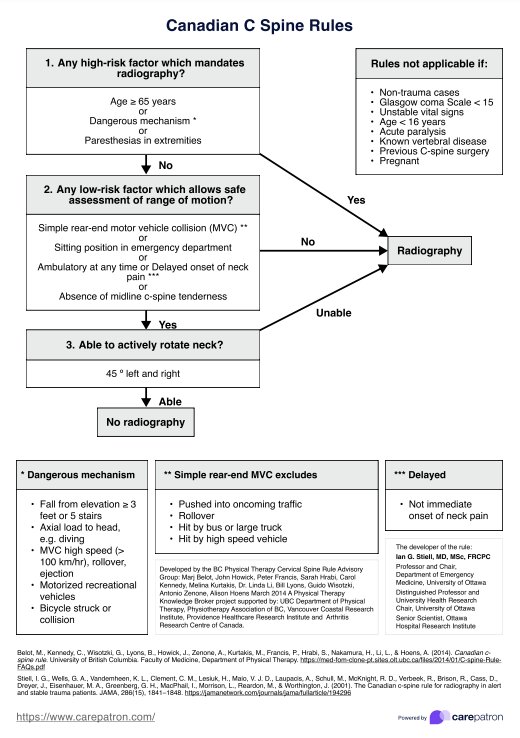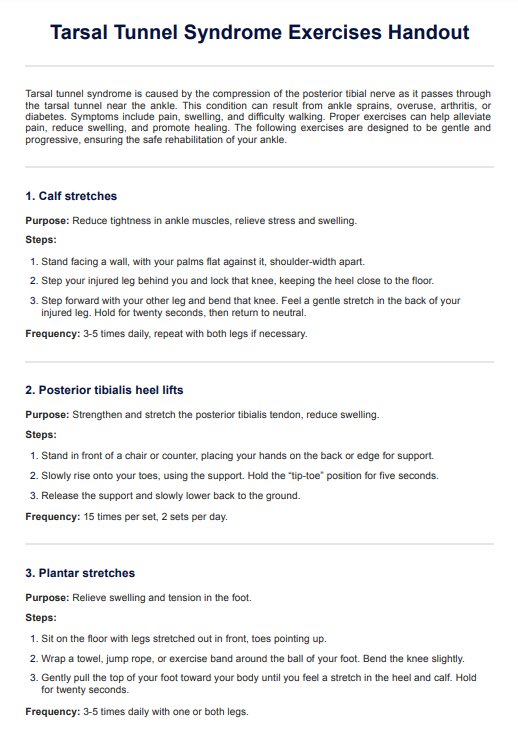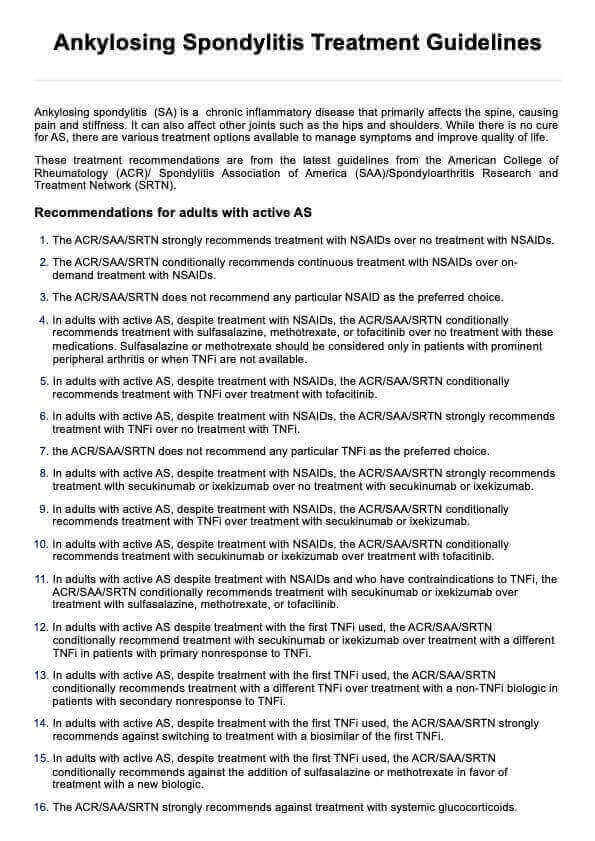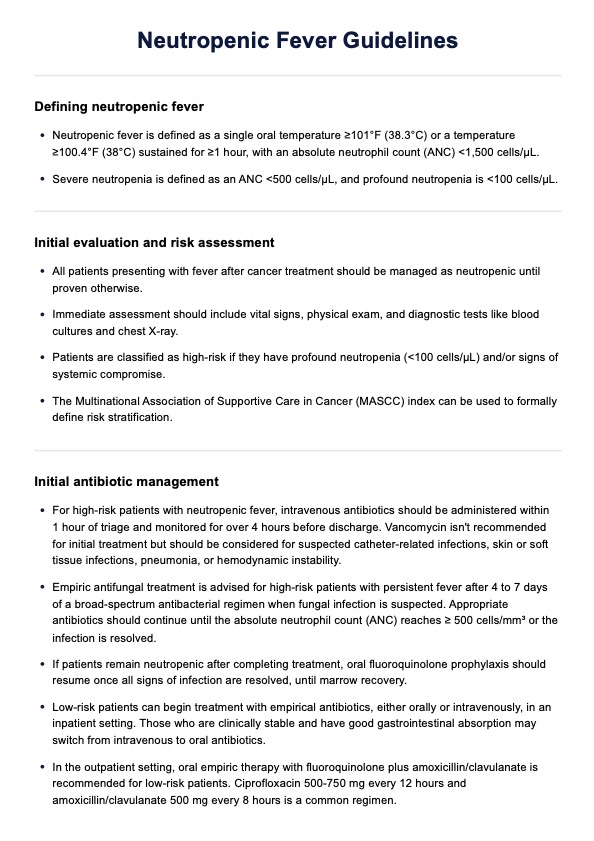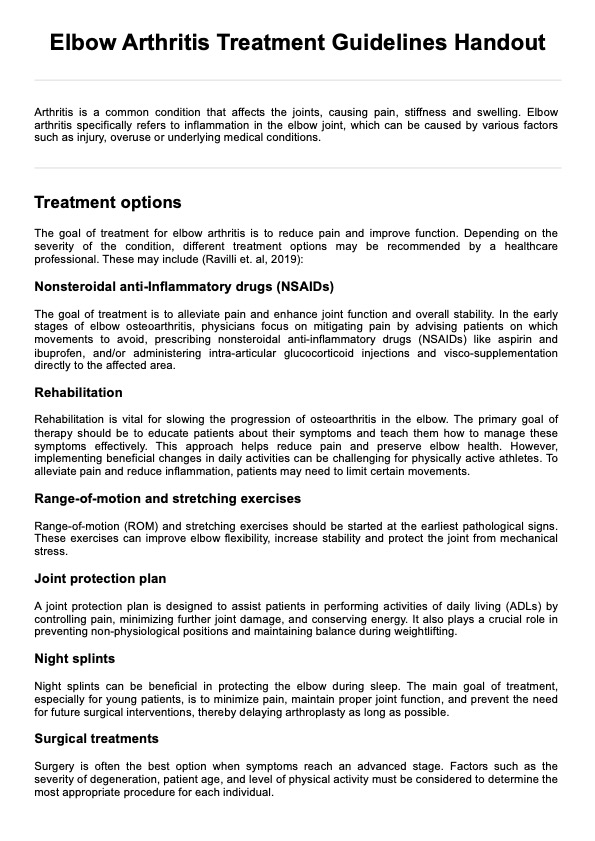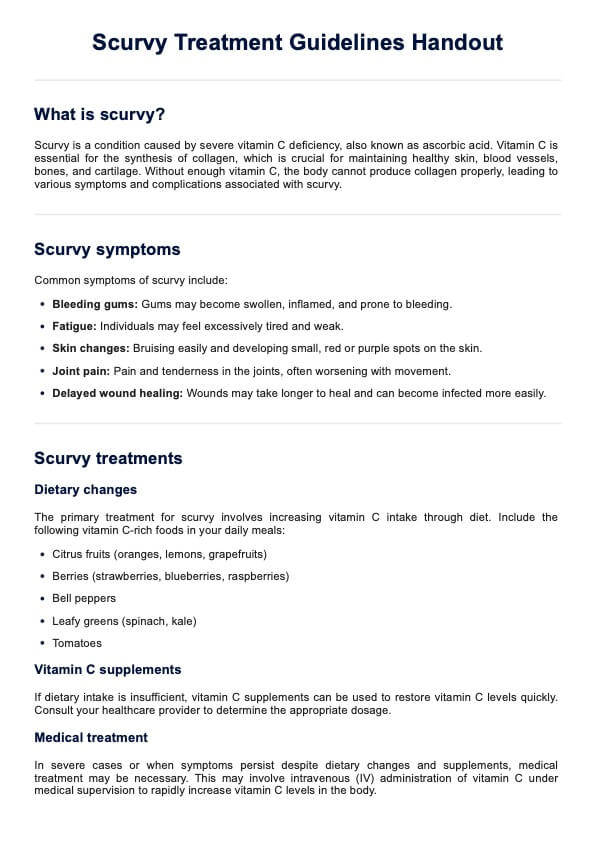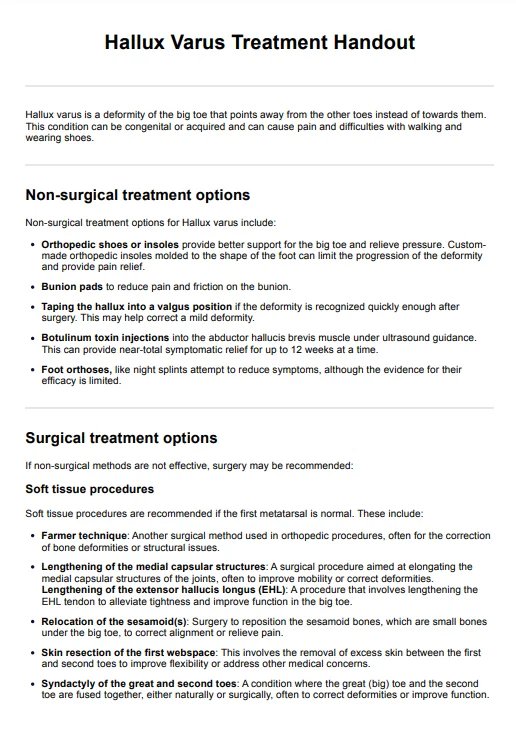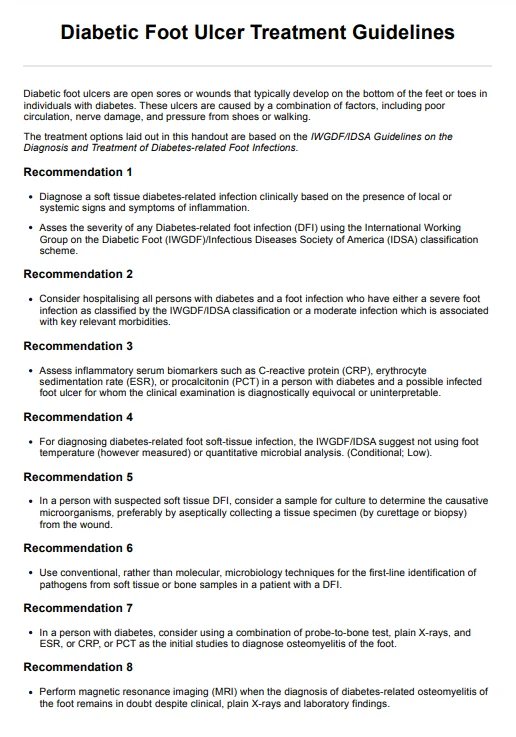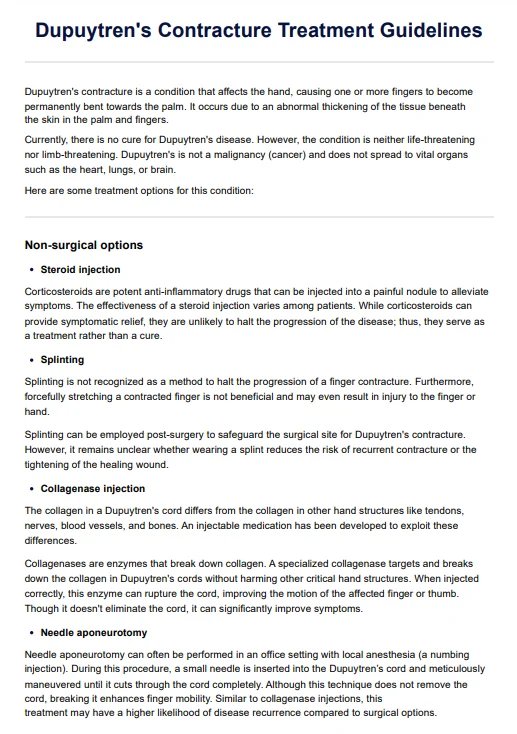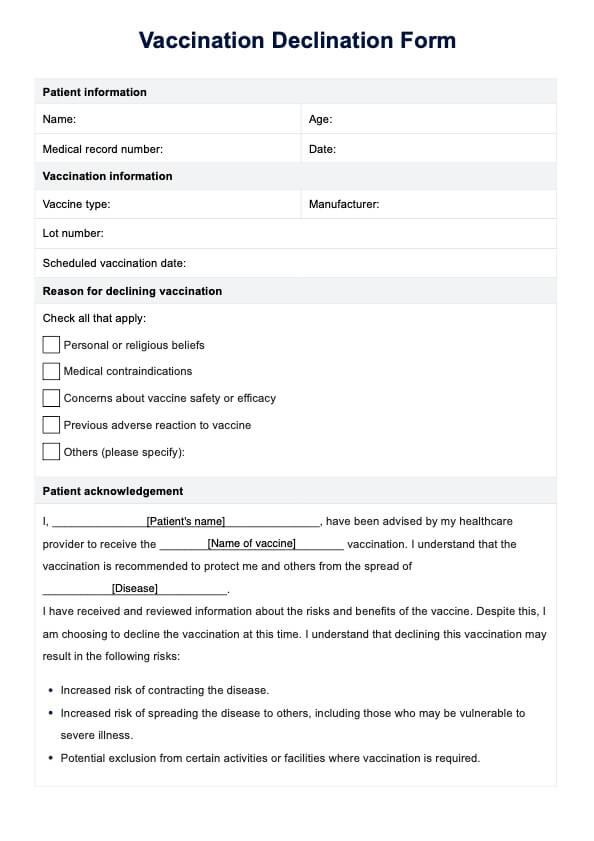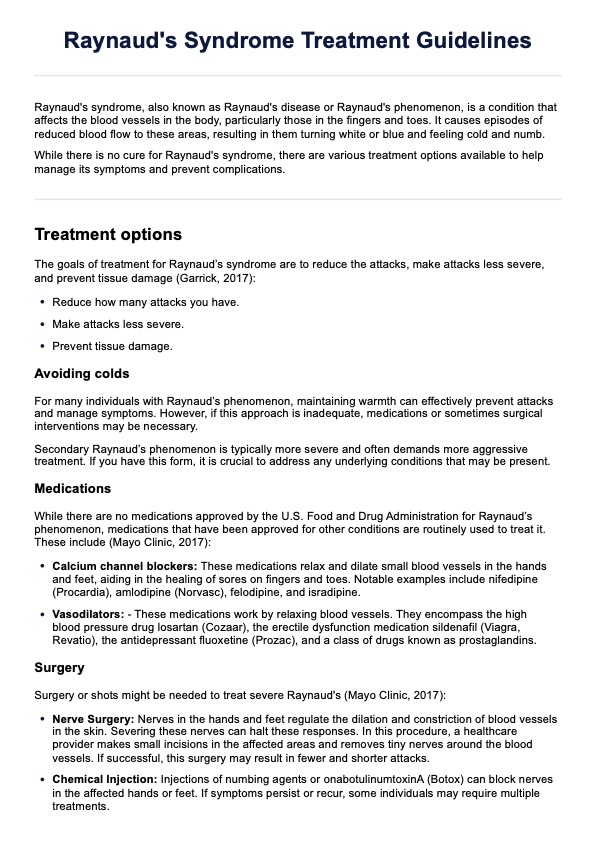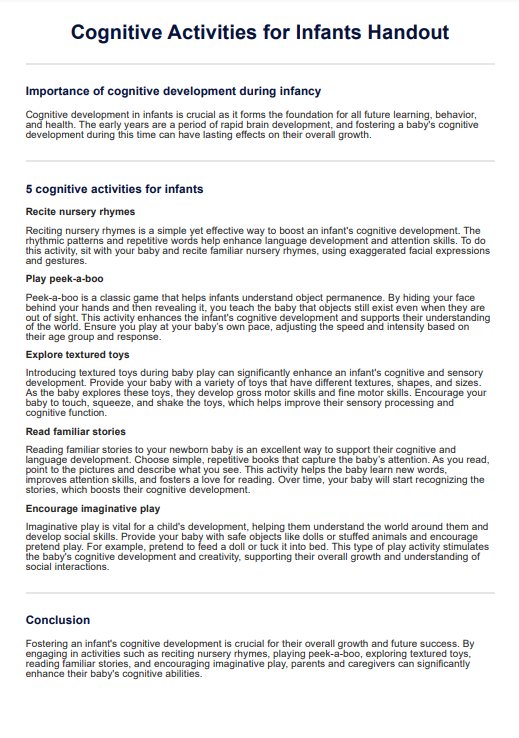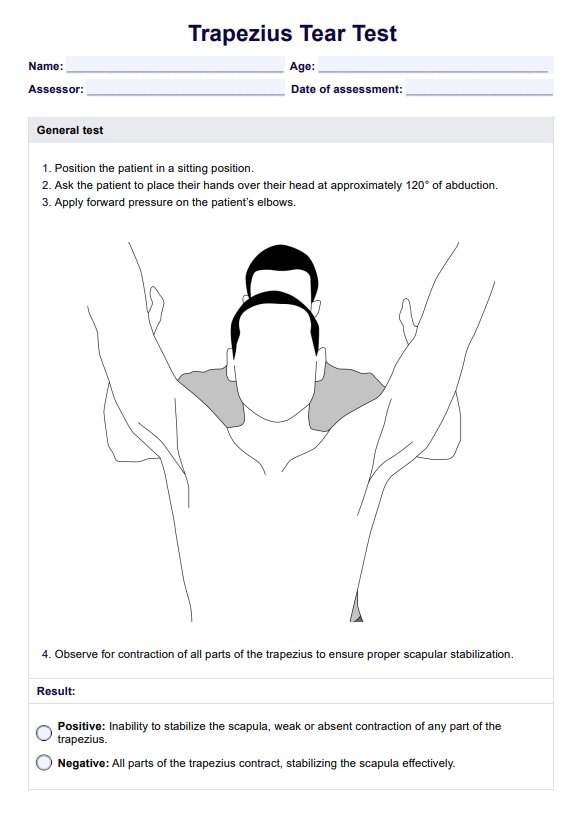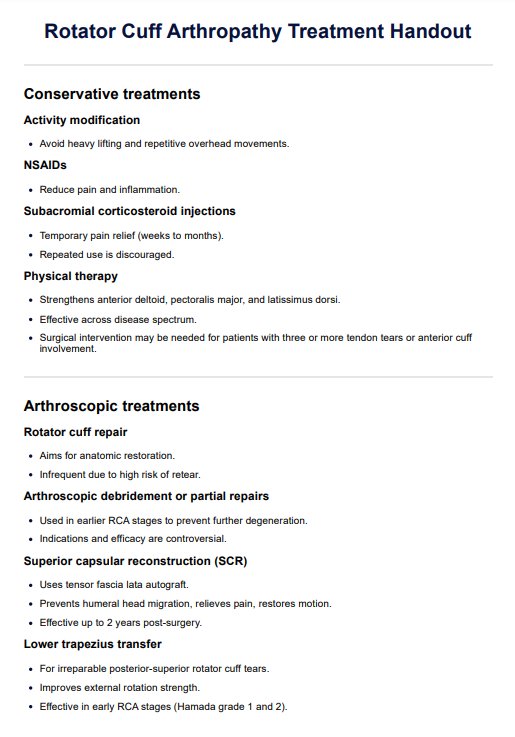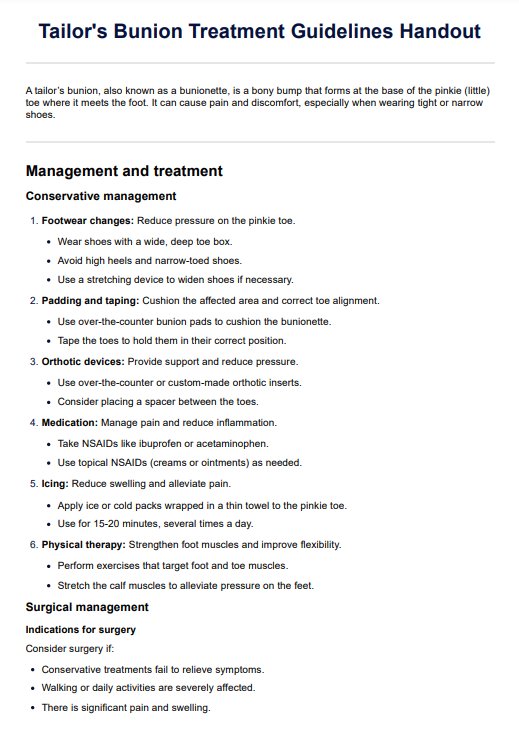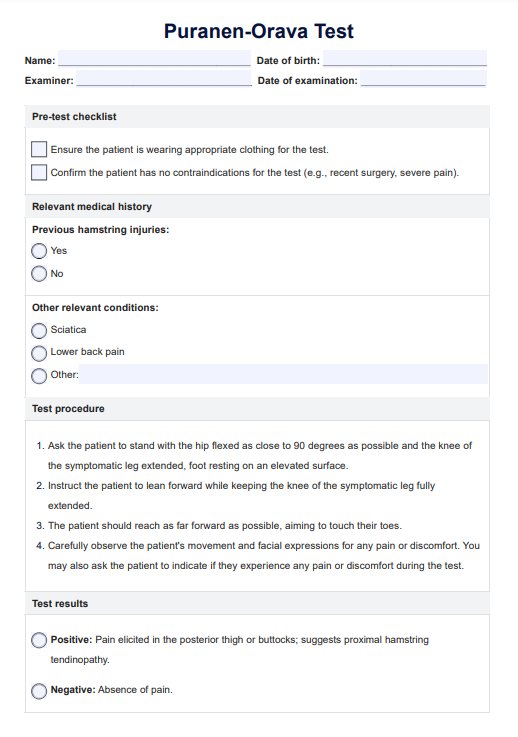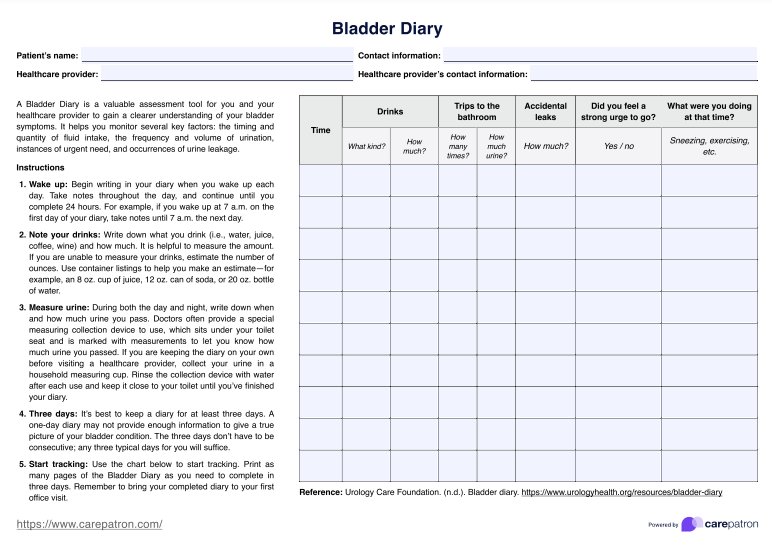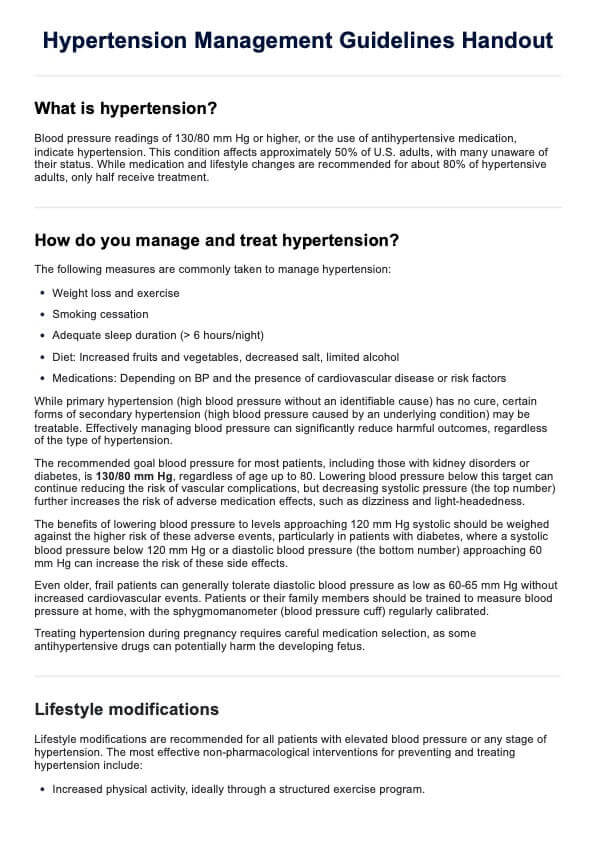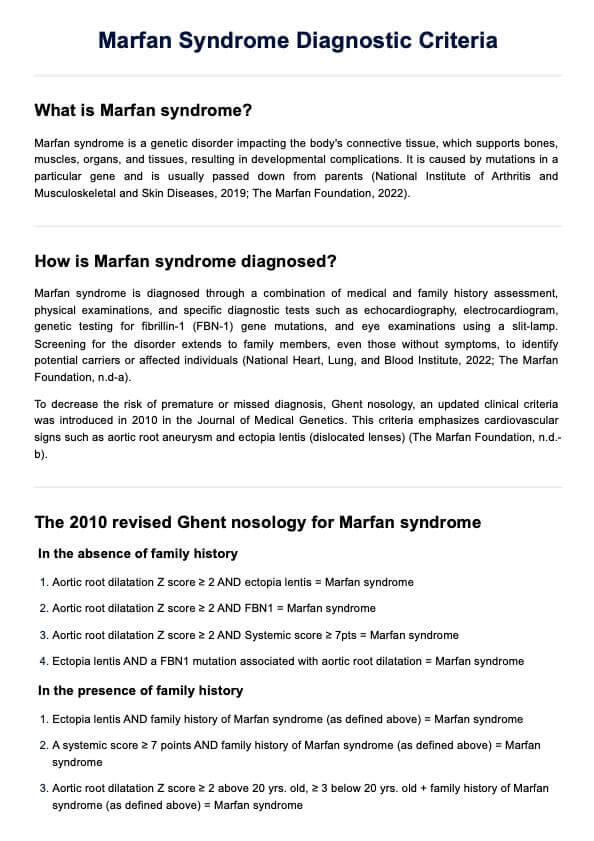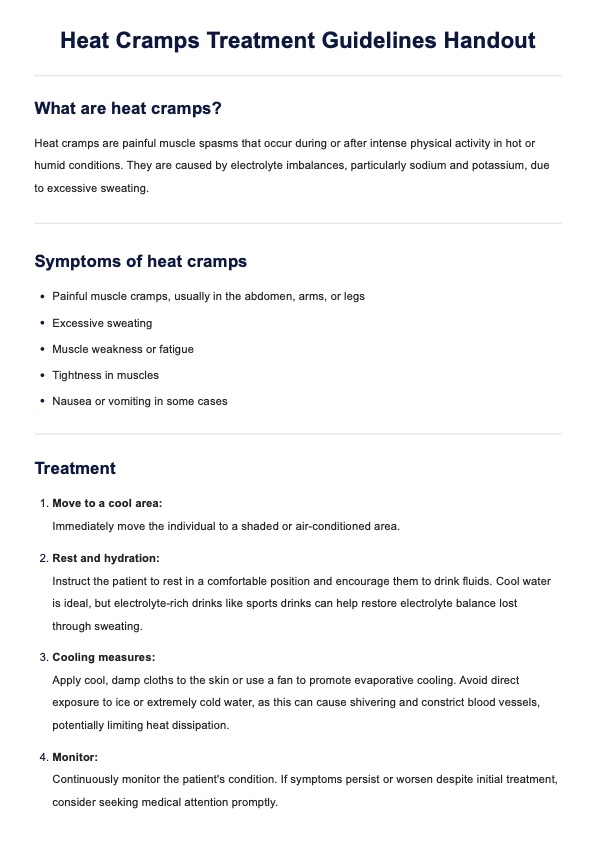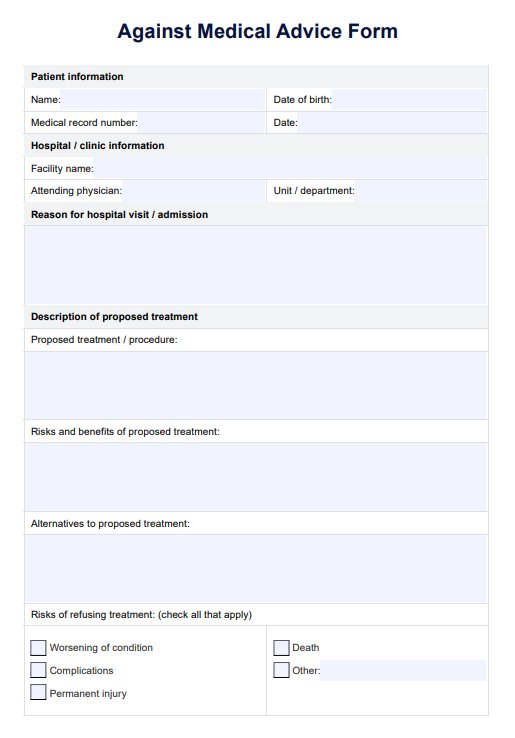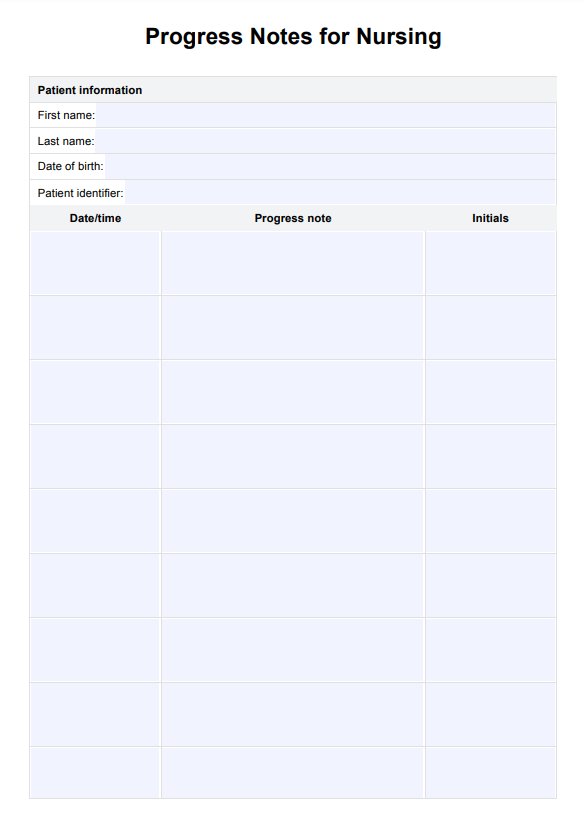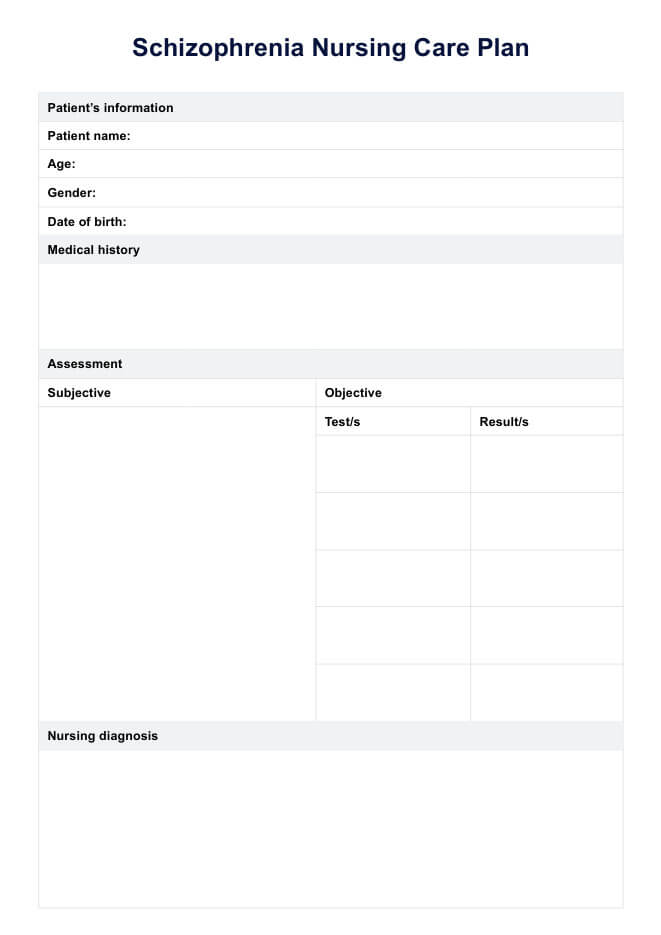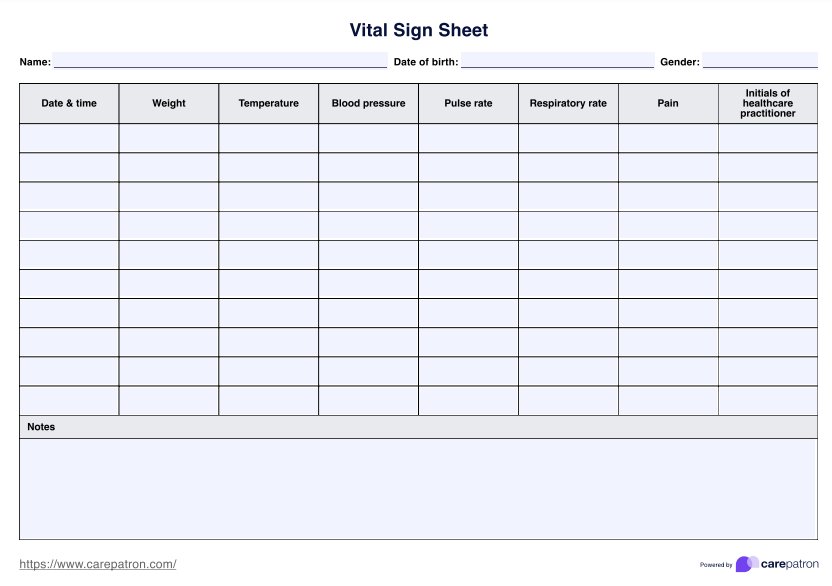Nursing Skills Assessment
Know how to evaluate nursing skills and competencies with our comprehensive guide. Includes an example template for a Nursing Skills Assessment. Free PDF download available.


What is a Nursing Skills Assessment?
A Nursing Skills Assessment is a systematic process designed to evaluate a nurse's ability to perform various clinical tasks, ranging from physical assessments and physical examinations to interpreting the Glasgow Coma Scale. This evaluation is integral to nursing education, ensuring that nurses possess the theoretical knowledge required for their roles and the practical skills necessary for providing high-quality care.
By incorporating a wide range of competencies, the assessment helps identify areas where nurses excel and where further improvement is needed, fostering a continuous learning environment.
Undergoing a Nursing Skills Assessment is crucial for nurses as it ensures they meet the high standards expected in healthcare settings. It evaluates their nursing knowledge and proficiency in conducting physical assessments and examinations and collaborating with other health professionals to deliver patient-centered care.
The assessment serves as a cornerstone for professional development, highlighting the importance of a solid foundation in nursing education and practical skills application. It helps nurses stay updated with the latest clinical practices and technologies, ultimately enhancing patient safety and outcomes.
Nursing Skills Assessment Template
Nursing Skills Assessment Example
Skills evaluated during a nursing assessment
The Nursing Skills Assessment evaluates many competencies essential for providing top-notch patient care. Here are five critical nursing skills that are commonly assessed:
Physical assessment
A registered nurse's ability to conduct thorough physical assessments and examinations is crucial. This includes gathering a comprehensive medical history, checking vital signs and blood pressure, and using tools like the Glasgow Coma Scale to evaluate a patient's condition accurately. Mastery of this skill allows nurses to detect potential health issues early and take appropriate action.
Time management
Effective time management is essential for nurses to prioritize tasks and ensure patients receive timely and appropriate care. This skill involves scheduling treatments, managing multiple patients simultaneously, and coordinating with the healthcare team to provide efficient and effective care.
Communication
Nurses must communicate effectively with patients, families, and other health professionals to ensure that care is well-coordinated and that patients understand their conditions, treatments, living arrangements, etc. This includes listening actively, providing guidance and emotional support, and conveying information clearly and compassionately.
Critical thinking and clinical decisions
The ability to make informed clinical decisions based on a patient's condition, test results, and other relevant information is a key skill for nurses. This involves using critical thinking skills to assess situations and emotional states, identify problems, and determine the best action to respond to complex healthcare scenarios.
Medication management
A comprehensive understanding of medication management, including accurately recording medical history, understanding drug interactions, and administering medications safely, is vital. Nurses must be able to assess patients’ responses to medications and adjust their care plans accordingly, ensuring patient safety and the effectiveness of treatments.
Assessing these and other essential skills helps ensure that registered nurses are competent and confident in providing high-quality care.
How does our Nursing Skills Assessment template work?
Our Nursing Skills Assessment template is an essential tool designed to evaluate nurses' comprehensive skills and competencies in a clinical setting. It systematically guides evaluators through steps to ensure a thorough and consistent assessment of nursing capabilities, ranging from theoretical knowledge to practical skills. Here's how it works:
Step 1: Assess theoretical knowledge
The first step involves evaluating the nurse's foundational knowledge in nursing education, including understanding physical assessment techniques and the importance of the Glasgow coma scale in assessing a patient's condition. This essential part of the assessment ensures that the nurse possesses the theoretical background to make informed clinical decisions. You can also use the Glasgow Coma Scale Template to systematically assess and document a patient's level of consciousness.
Step 2: Evaluate clinical skills
Next, the template focuses on the practical application of nursing skills, such as performing a vital sign check and conducting a comprehensive physical exam. This step is crucial for assessing the nurse's ability to apply theoretical knowledge in a real-world clinical setting, ensuring they can effectively monitor and respond to the patient's condition.
Step 3: Critical thinking and decision-making
This step evaluates the nurse's capability to use critical skills in clinical decisions. It involves analyzing the nurse's response to simulated scenarios or real-life situations, assessing their ability to take appropriate action, and providing guidance based on the patient's condition and medication history.
Step 4: Communication and team collaboration
An integral part of nursing is effective communication and teamwork. This step assesses the nurse's ability to work cohesively with other health professionals in the healthcare team, ensuring timely management of the patient's care and facilitating a collaborative approach to treatment and decision-making.
Step 5: Professionalism and ethical practice
Finally, the assessment reviews the nurse's professionalism, ethical practice, and commitment to ongoing learning. This step is vital for ensuring that the registered nurse upholds the highest standards of nursing practice, demonstrating a dedication to patient care and continuous improvement.
Following these steps, our Nursing Skills Assessment template provides a comprehensive framework for evaluating nurses' critical skills and competencies, ensuring they are well-equipped to deliver high-quality care in clinical settings.
When is this assessment normally conducted?
Nursing Skills Assessments are critical tools to gauge a nurse's capabilities in providing patient care, conducting physical assessments, and executing the nursing process with sound clinical judgment. These assessments are conducted in various situations to ensure nurses are well-prepared to meet the demands of their roles. Here are three common scenarios where these assessments are typically conducted:
- During nursing education: Nursing students undergo skills assessments as part of their clinical education to evaluate their ability to apply theoretical knowledge in practice. This includes performing physical examinations, using clinical judgment to assess patients' conditions, and effectively implementing the nursing process. These assessments help identify areas where students may need further training or improvement.
- Pre employment assessment: Before hiring, healthcare facilities often conduct pre-employment assessments to test the clinical skills and judgment of prospective nurses. This ensures that candidates possess the necessary technical skills and can conduct physical assessments and examinations, making them a reliable addition to the healthcare team.
- Annual competency evaluations: Nurses are also assessed regularly throughout their careers to ensure ongoing competency in essential nursing duties. These evaluations often focus on a nurse's clinical judgment, ability to conduct comprehensive physical assessments, and adherence to the latest best practices in patient care. It helps maintain high standards of nursing care and ensure patient safety.
In each of these situations, the Nursing Skills Assessment plays a pivotal role in validating the nurse's proficiency and readiness to provide high-quality care to patients, making it an integral part of nursing education, employment, and professional development processes.
Benefits of conducting a Nursing Skills Assessment
Conducting a Nursing Skills Assessment offers numerous advantages that contribute significantly to nursing practice, patient care, and overall health outcomes. By systematically evaluating a nurse's ability to perform vital signs monitoring, physical assessments, and examinations, these assessments ensure that nurses are competent and confident in their roles. Here are four key benefits of conducting this assessment:
Improves patient health outcomes
Regular assessment of nurses’ skills in conducting health assessments and physical examinations directly impacts the quality of patient care. Competent nurses are better equipped to identify health issues early, leading to timely interventions and improved patient health outcomes.
Ensures standardization of care
By assessing essential nursing skills, including the accurate measurement of vital signs and thorough physical assessments, healthcare facilities can ensure a standardized level of care across their nursing staff. This standardization helps in maintaining high-quality care and safety for all patients.
Enhances clinical decision-making
Nurses are encouraged to refine their clinical judgment and decision-making skills by evaluating their proficiency in health assessments and physical examinations. This improves their ability to respond to patient needs effectively and supports better clinical outcomes.
Identifies areas for professional development
The Nursing Skills Assessment provides valuable feedback on a nurse’s strengths and areas needing improvement, highlighting specific aspects of nursing practice that may require additional education or training. This focus on continuous professional development ensures that nurses remain competent in the ever-evolving healthcare field, ultimately contributing to advancing nursing practice and patient care quality.
By systematically evaluating nursing skills in vital signs monitoring, physical examination, and health assessment, these assessments play a crucial role in enhancing nursing practice, ensuring high-quality patient care, and fostering continuous professional growth and development among nurses.
Commonly asked questions
A Nursing Skills Assessment includes evaluation of theoretical knowledge, clinical skills (like vital signs and physical examinations), critical thinking, communication abilities, and professionalism.
Assessments are typically conducted during nursing education, pre-employment evaluations, and annual competency reviews to ensure ongoing nursing proficiency.
Yes, Carepatron's practice management software can streamline the process by organizing assessment schedules, managing patient data for evaluations, and facilitating the documentation of assessment outcomes.


